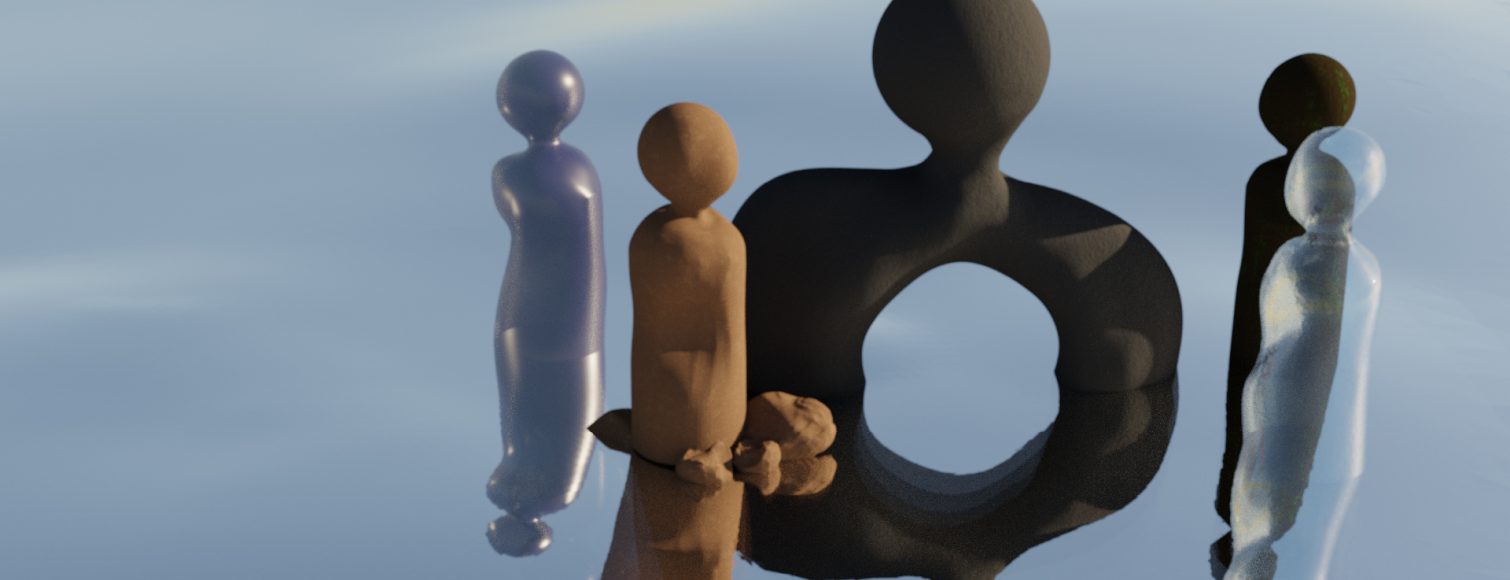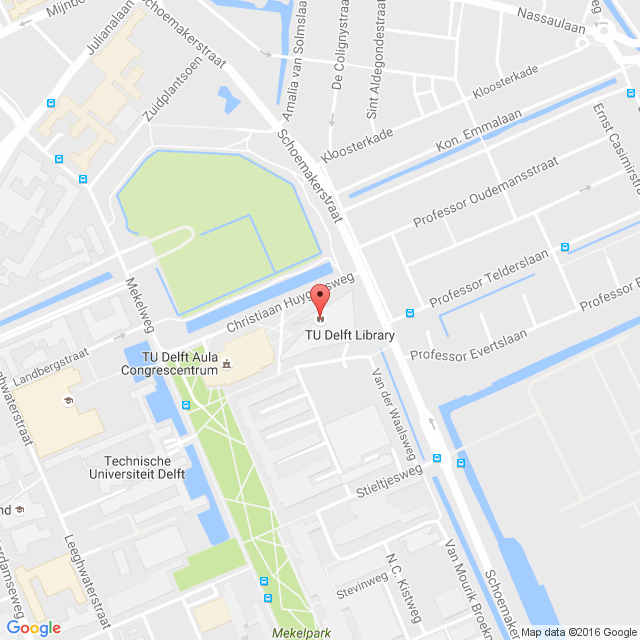Please note: this event is being postponed till February 8th. A new registration link will be posted shortly.
How can an ancient mask help create a modern identity?
Winti is an Afro-Surinamese religion that combines aspects of Christianity and West-African religions. It has a shared foundation based on three principles: the belief in a supreme creator (Anana Kedyaman Kedyanpon), the belief in spirits (Winti) and the practice of honoring ancestors. Winti was developed by enslaved people from diverse African backgrounds, who faced not only slavery in the Dutch colony of Suriname but a complete ban on their religion and language (until 1971). Still, Winti survived, and it is practiced in the Netherlands today. What are the central beliefs of this unique religion? How does it position itself towards other belief systems and philosophies in Dutch society, and what role does it play in its followers’ lives today?
In this lecture, social anthropologist Markus Balkenhol will explore how the Winti religion has recently been used in the Netherlands as a tool to create emancipation for Surinamese Dutch of African descent. Traditionally, he states, emancipation in the Netherlands is seen from a perspective of secularization, moving away from religion:
The culturalization of citizenship in the Netherlands—that is, the increasing importance ascribed to “culture” in the politics of citizenship, belonging, and integration—has been marked by a tension between “religion” and “secularism.” The “culture” of others, and Muslims in particular, is pitted against the secular, progressive, and emancipated Dutch culture. Minorities are increasingly expected to “integrate” into Dutch culture and embrace Dutch norms, values, and traditions. “Integration” here does not only imply that minorities keep their culture to themselves and out of the public sphere; it is also understood as a fundamental transformation of the person: since they are thought to be caught in backward traditions, prospective citizens have to emancipate themselves. This process of emancipation, in turn, is told as a narrative of secularization. In this narrative, the Dutch citizen is not only seen as emancipated, but this emancipation is understood specifically as an emancipation from religion.
Markus Balkenhol will introduce a group of Surinamese Dutch of African descent who make the opposite claim, namely that emancipation is achieved through religious practice. They understand emancipation not as a process of secularization but as a revaluation, indeed an embrace of the African-Surinamese Winti religion. By following the creation of a new ancestor mask he shows how secular claims to citizenship and religion articulate an alternative form of political belonging.
Markus Balkenhol is a social anthropologist and works on topics such as colonialism, race, citizenship, cultural heritage and religion.
COVID-19 REGULATIONS
This lunch lecture in the Orange room of the TU Library is organised in line with current COVID-regulations applying to the TU Delft. Don’t forget to bring your face mask: wearing a face mask is required while moving around in the Library and can taken off while seated. During the event, you are asked to adhere to the 1.5m distance rule. A QR-code is not required. If you have registered for the event, a small lunch will be waiting for you upon arrival. See you there!
About SG’s Global Philosophies Series
Who am I? What is a good life? And how do you build a just society? Philosophy asks the big questions in life, but the answers of course are diverse. In the West we look to different thinkers and theories than in the East or the South. What else is there beyond Plato and Nietzsche? Studium Generale will introduce you to a series of different philosophical traditions from China, India, Africa, and the Americas. An acquaintance with other ways of thinking, but also with believing, seeing, and feeling, through philosophy, poetry, theatre, music, and other forms of art.


